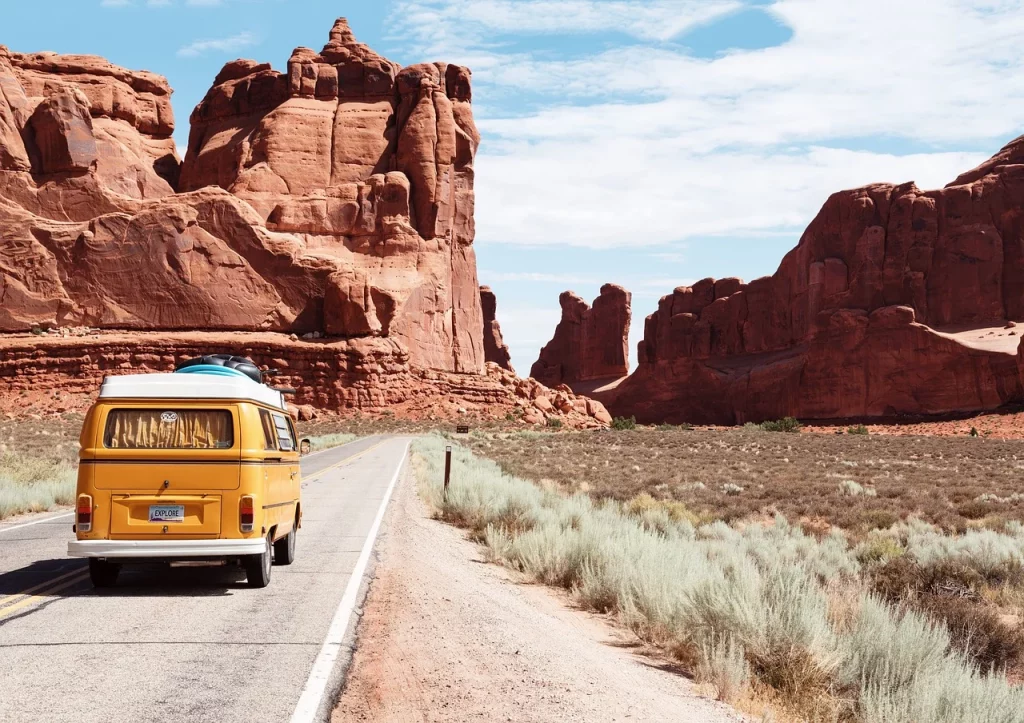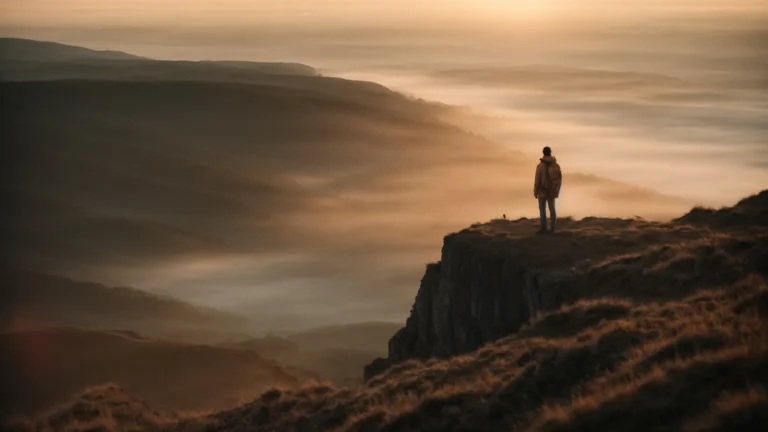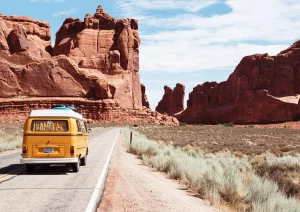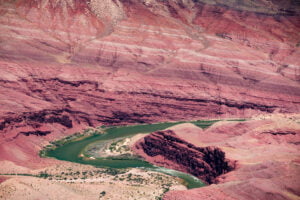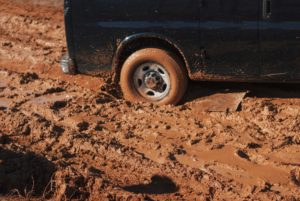There is nothing like setting out on the open road with fresh air flowing through open windows and your favorite tunes playing on the radio. Road trips have a way of instilling a sense of freedom and adventure, allowing us to dream, explore, and escape the demands of daily life. However, before setting out in your car and hitting the road, there are a number of steps you might want to consider in order to make your trip as hassle-free as possible. From the ultimate packing list to budgeting, here are some tips to ensure you have the ultimate journey.
Plan your dream route.
First things first. Where do you dream of going on your road trip? This should be the fun part. Are you a city person intrigued by history and culture or are you drawn to the wilderness? Are you wanting to stick to just one region or are you hoping to drive from the east coast to the west? Maybe you’re drawn to the music and history scene in New Orleans or have long dreamt of driving along the glorious coastal route of California.
Before you head out on your road trip, create a vision board that plans out a general route that fits your budget, your timeline, and that includes your dream destinations. While leaving room for spontaneity is one of the best parts of travel, having a rough idea of where you want to go and how you’ll get there will allow you to start your trip with ease. You don’t need to have an exact plan but having a rough idea in mind of what you want to see and do along your trip can be extremely helpful.
Determine details and logistics.
After you have an idea of where you want to go, start putting together some other logistics. Do you want to drive a car and camp and stay in hotels and Airbnbs along the way? Or are you interested in renting an RV and driving it cross-country? Motorhomes and RVs are gaining popularity as a way to traverse the United States, as they allow you both freedom of the road and a home on the road, meaning you don’t have to rely on eating out and finding a place to stay each night. Although RVs will increase your gas cost and might not be quite as zippy around mountain highways, they can help you cut costs on accommodation and eating out. If you’re planning to spend a lot of time in national parks, they’re an ideal option, but they aren’t necessarily as convenient to navigate big cities.
Make a loose plan.
Although you don’t need to have everything decided beforehand (that detracts from much of the fun and spontaneity of a road trip!), having a rough idea of logistics will help the trip go with ease. Make arrangements for everything back home so you don’t worry. Plan a rough budget that will help shape the duration and style of your road trip. If you or your loved one who is accompanying you on the trip are dealing with late-stage cancer, explore the options American Life Fund offers. Providing viatical settlements for terminally ill patients, American Life Fund offers easy access to life insurance funds that can help juggle finances and expenses. If this is a final trip for that reason, having access to these funds can help finance logistics at home while you’re gone and fund this last adventure.
Get insurance.
You never know what can happen on the road, so make sure you are prepared to handle any potential bumps along the way. Tune-up your mode of transportation before you hit the road. Have the tires checked, oil changed, and make any other necessary updates. In addition to having reliable car insurance, consider buying roadside assistance that will help you in the event of an emergency. This covers anything from a flat tire to an accident and can really help you if you find yourself stranded in a remote place and in need of assistance.

If you’re traveling with an RV, conduct some research on RV extended warranty plans. Having a warranty on your RV, whether you bought a brand new RV or are renting one, can give you peace of mind on your travels. Differing from RV insurance, an RV warranty covers mechanical breakdowns as opposed to accidents. While plans may differ in coverage, they all help cover repairs and services in the event of a mechanical failure in your RV, including issues with the engine, transmission, water heater, and air conditioner.
Pack appropriately.
When you’re living on the road, you’ll want to pack light to maximize space and mobility. Come prepared but don’t pack your entire house. Try to limit yourself to one suitcase. If you’re going to be spending time outdoors, pack sturdy shoes, yoga pants, and moisture-resistant materials. Pack necessities like headlamps, flashlights, water purifiers, and camping gear if needed.
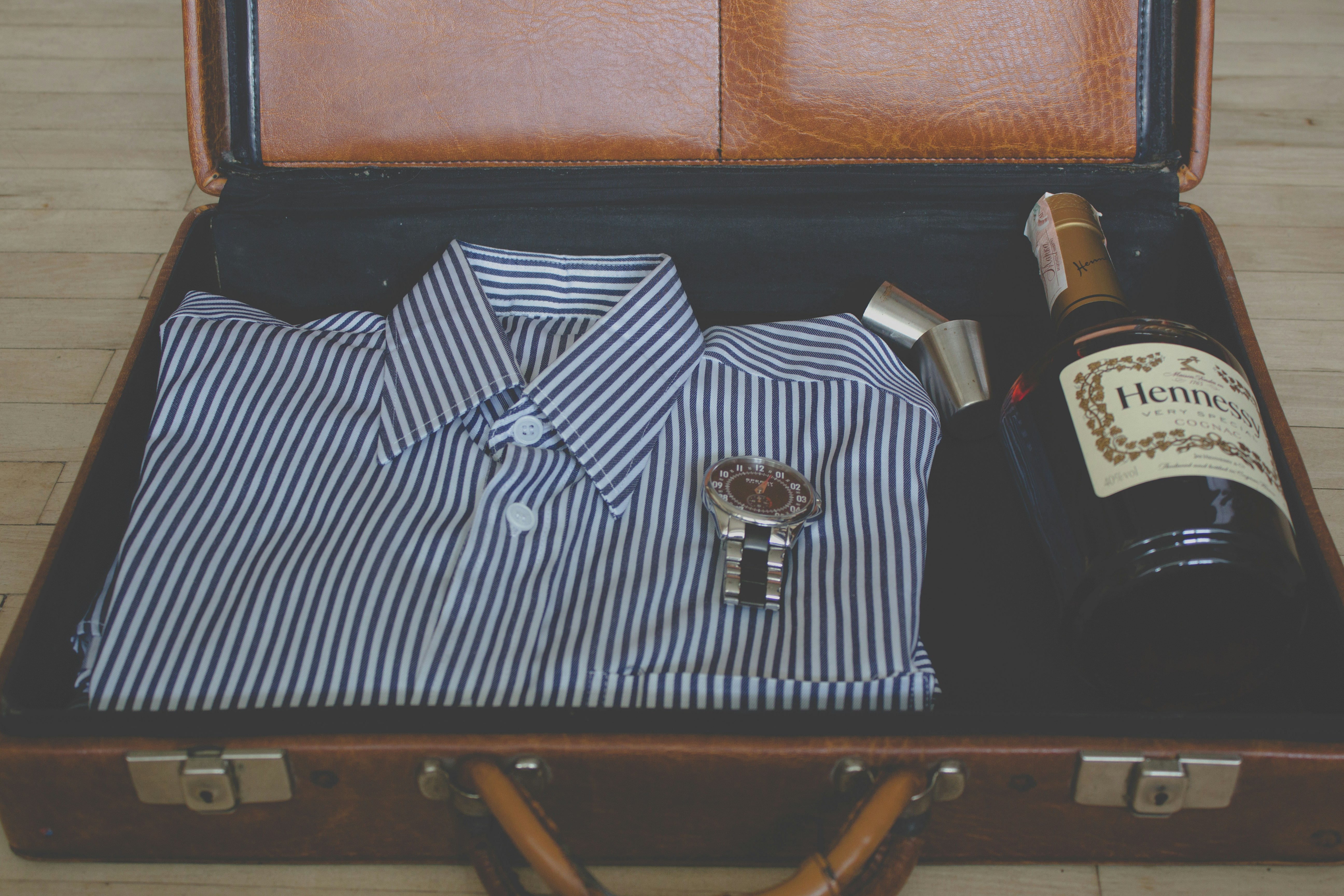
As for your wardrobe, pack the essentials and think practically. Where and when you are going will determine if you need mostly lightweight clothes or a warm winter coat. Your best bet is to pack layers so you’re prepared for varying climates, which can change by location and season. Washing machines and laundry services will be hard to come by so pack easy care travel clothes that don’t wrinkle and are sweat-resistant. Basic articles of clothing that are versatile and made from lightweight materials such as bamboo, which is easy to dry, comfortable, and wrinkle-resistant, are your best option. With staples like wrinkle-free t-shirts, loose dresses, and travel pants, you’ll stay comfortable while looking fresh.
Come prepared.
Extended periods of time in the car or RV can be tiring and might cause flare-ups of chronic pain. Plan stops along the way for a mental and physical break, as well as sightseeing. If long hours of sitting or driving tend to impact your body, consider taking a natural supplement that might help alleviate your achy joints.
Although research is still being conducted to understand their exact benefits, CBD products are increasingly popular alternatives to help alleviate discomfort. An extract from the hemp plant, CBD extract is available in the form of capsules, CBD oil, edibles, and topical creams. Depending on your preference, different products may work better for you than others. CBD oil lotion can be applied topically on the area that may be experiencing discomforts, such as your shoulders or back. Topical CBD products, including salves and balms, as well as lotions, are THC-free, soothing to minor discomforts, and easy to pack. Consult a dermatologist before using any CBD creams and experiment with a variety of products to find the best fit for your needs.
Let go and have fun.
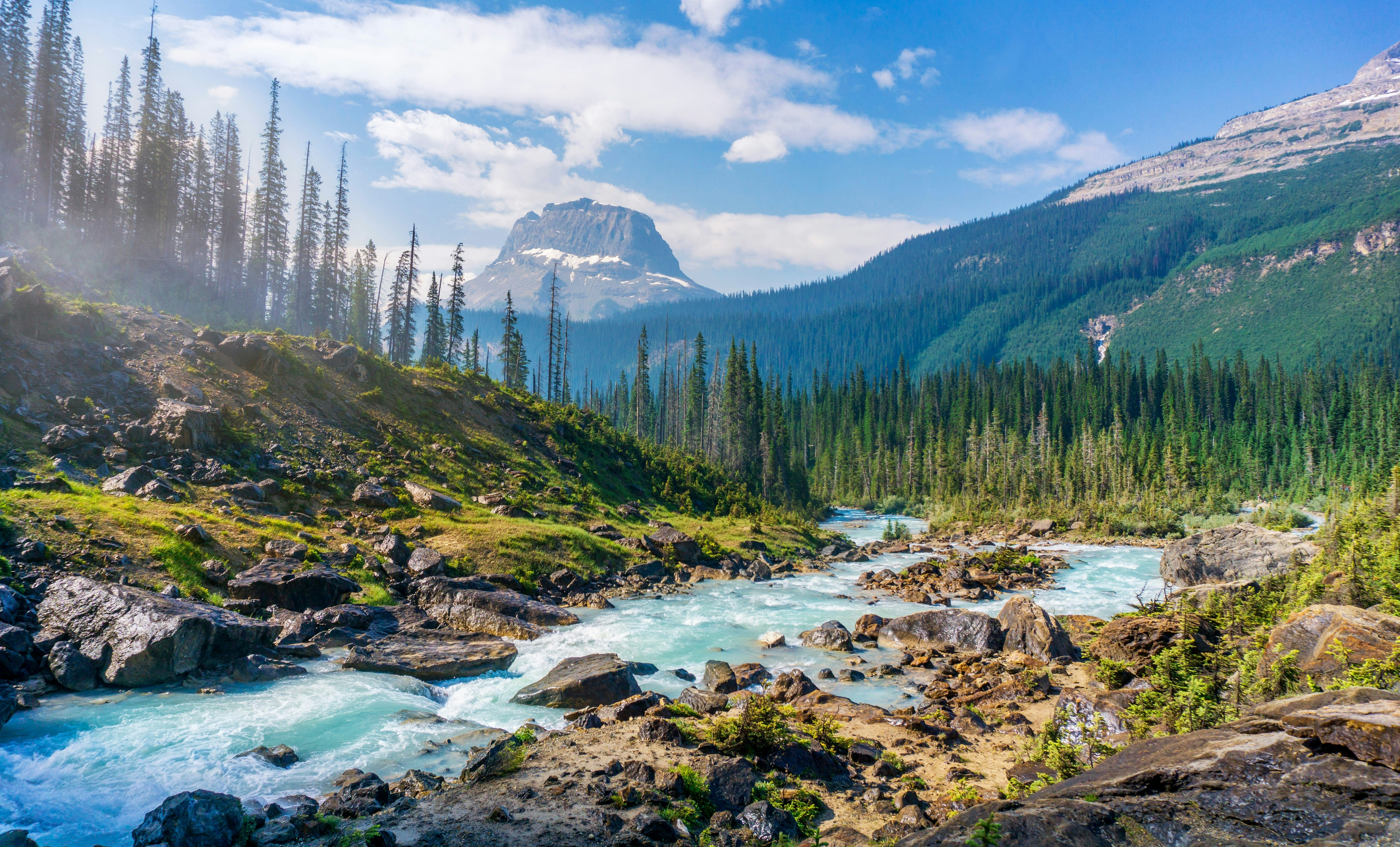
With all the planning and logistics behind you, the most important thing to remember is to have fun! This trip is for you and should be full of enriching experiences, indulgence, and adventures you won’t soon forget. If the goal of your trip is to do a bit of soul searching, make sure to let go of obligations and anxiety. Visit places that stimulate your curiosity and tantalize your senses. Disconnect from technology. Read books, write in your journal, and bring a sketchbook to capture memories from your trip. Reconnect with yourself in stunning national parks, using the solitude to write, reflect, and dream. Let go of expectations, laugh, and have fun!

